Weeds and insects are unwanted guests that can hinder efforts to have a successful garden. Pesticides are usually the option to eliminate this problem, however they have been shown to have long-term adverse health effects on the body as well as the environment.
Types of pesticides and health effects
When we hear of the term ‘pesticides,’ we usually think of one product. However, there are actually three different types: Herbicides are used to get rid of weeds, insecticides kill insects and fungicides are for eliminating fungi. Depending on the type of backyard you have, you may think all three are needed to keep threats away.
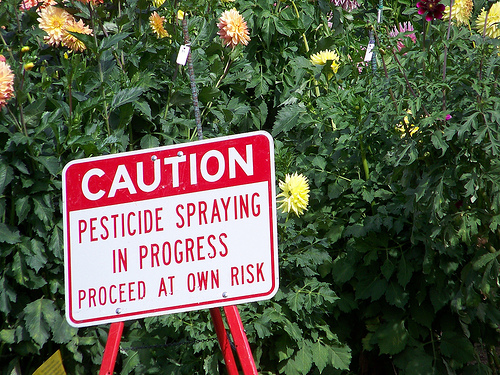
While keeping your backyard free from pests might make your lawn appear more healthy, pesticides can cause the body to become very sick. The health problems when exposed to pesticides includes reproductive effects, birth defects, brain and nervous system effects and cancer.
Pesticide-free alternatives
Insects are not necessarily bad for your garden. In fact, most insects allow your lawn and garden to flourish. However, a few types of insects can cause damages and spread diseases. The rule of thumb is that the cost to control the problem should be not more than the cost of replacing the plant. Although you can use organic pesticides, however research shows that it can be just as deadly, as it normally requires a higher dose than regular pesticides do.
So what’s the solution? The trick is to regularly take good care of your garden and use organic controls to allow your plants to flourish in the right conditions.
To control insects:
- Select insect and disease-resistant varieties of plants and vegetables.
- Space out your plants to allow air flow. Insects such as aphids flourish under a lack of air circulation.
- Depending if your plant needs lots of sun or shade, place them in the right location so they can grow healthily. When selecting a new plant, research it’s required growing conditions such as avoiding wind, acidic or alkaline soils and morning versus afternoon sun.
- A variety of plants will have less of an insect problem then a garden full of one type of plant. This is why commercial farms use so much pesticides to protect their monoculture environments.
To control weeds:
- Help your soil breathe with a lawn aerator.
- Keep grass clipping on the lawn as they provide moisture and nutrients.
- Taller grass have deeper roots to help crowd out weeds, so raise your lawn mower to 7.5 cm (3 inches) height.
- Use your hands to pull out weeds when the soil is moist to get most of the roots and not to disturb the soil. Also fill the hole with some grass seeds to keep the weeds from growing back.
- Every Spring or Fall, spread grass seeds and apply natural fertilizer to keep your lawn healthy.
- Unless it has rained, water your lawn once a week with 2.5 cm (1 inch). To help you measure the amount of water your using, use a rain gauge or a tuna under a sprinkler.
Are you planting a fall garden? How do you keep it healthy without the use of pesticides?
Related Reading:




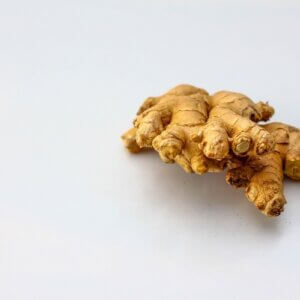









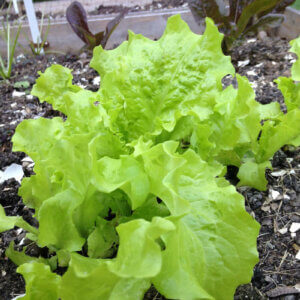


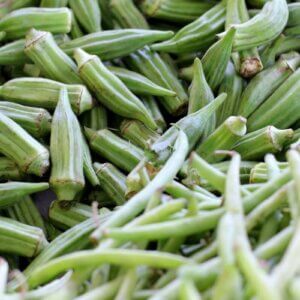

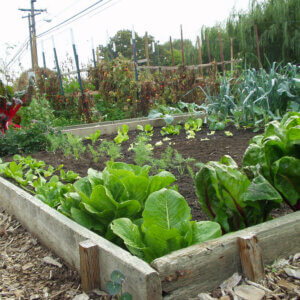
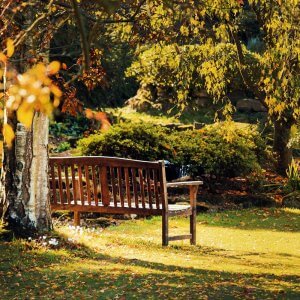
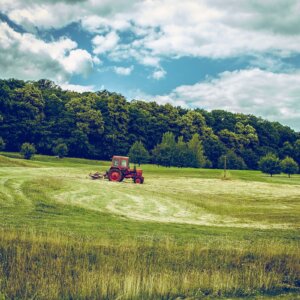
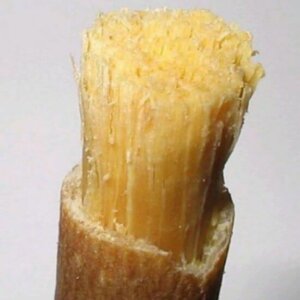
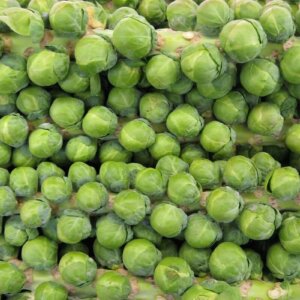

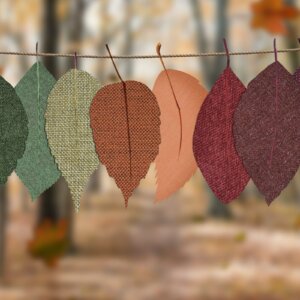







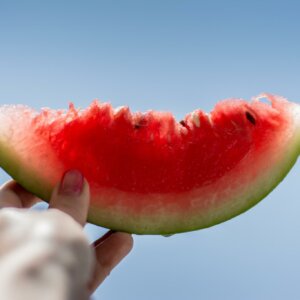



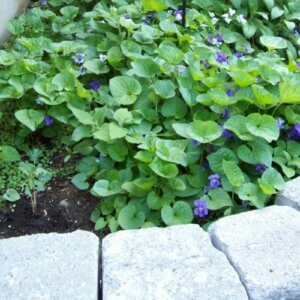

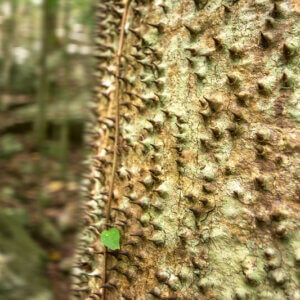


Leave a Reply